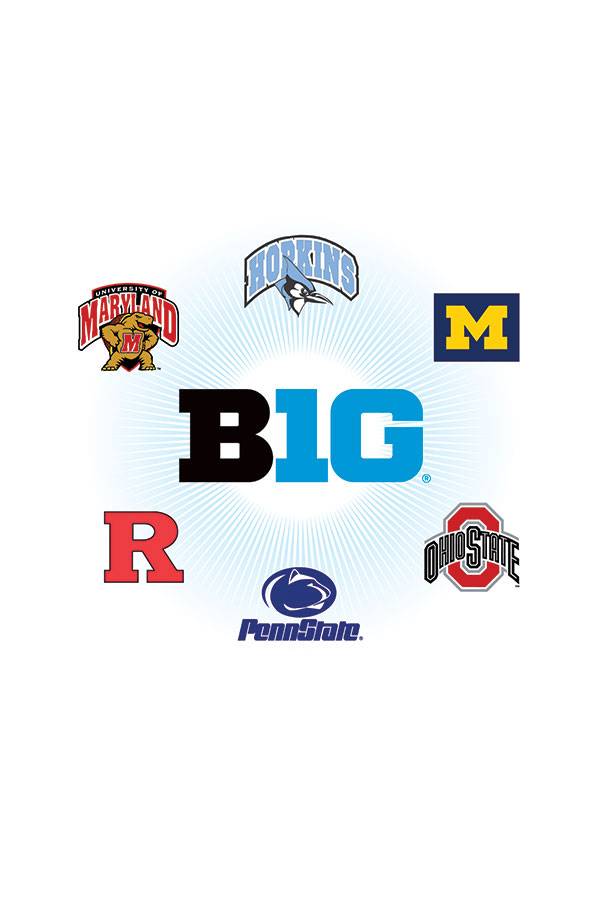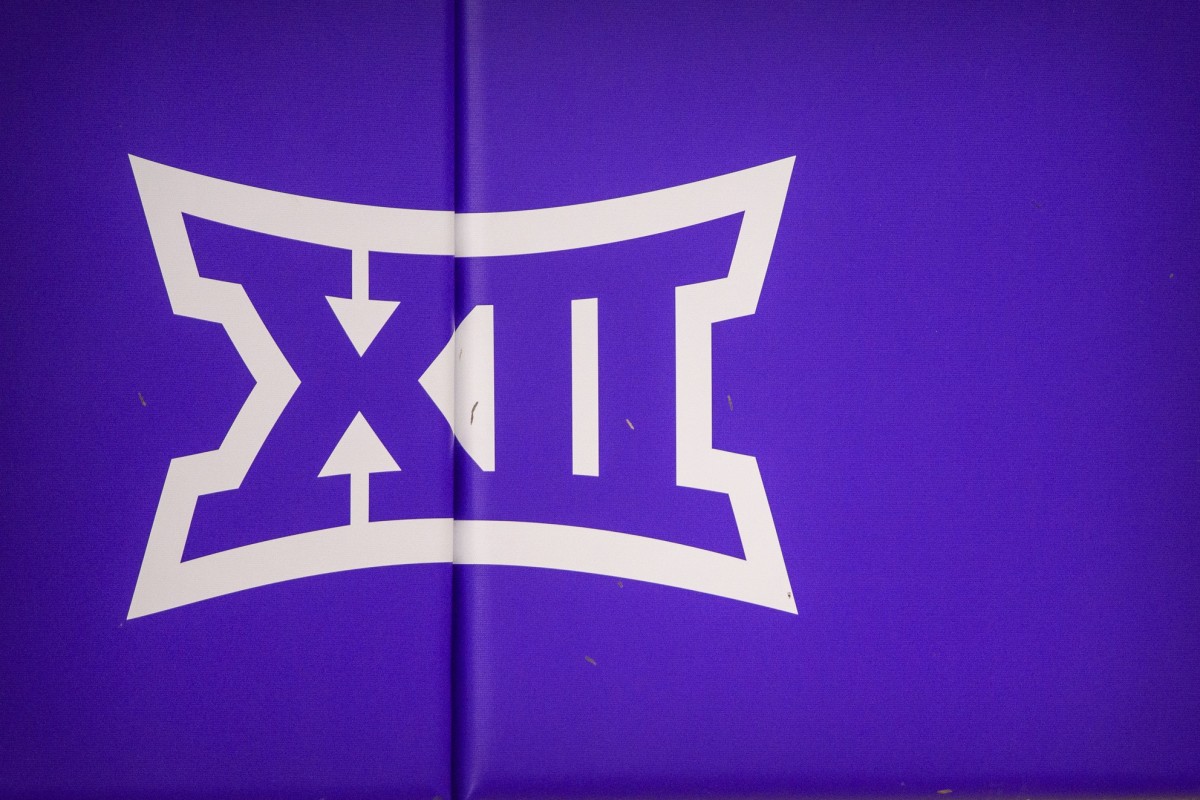I don't feel like actually looking it up, but I'd absolutely assume Hopkins doesn't get a share of either football or basketball revenue. Nor should they, frankly. The reason I brought them up, other than to correct the facts, was because Hopkins helps show that the conference cares about who they are associated with. It's the same with Notre Dame in hockey. The conference isn't going to have an affiliate that doesn't meet certain academic standards.
As I've said previously, academics aren't driving this bus. No one in this thread is claiming that. However, they definitely play a factor. Certain schools can be dismissed out of hand because their academics aren't up to snuff. Other schools have academics that are worth creating a carve-out just to get a little bit of shine from. Whether this is worthwhile or not is entirely up for debate, but it's clear the B1G has done it.
Stanford is a pretty fascinating case. Gritty, as he often does, makes speculative statements as if they're fact. Meanwhile, for the less assured among us, it's a wait-and-see situation.
I have no idea how it's all gonna end, but the ride has been wild. And as ever, I could not be more glad that it's our conference that is making the moves. The University of Illinois on the open market is a scary proposition.



